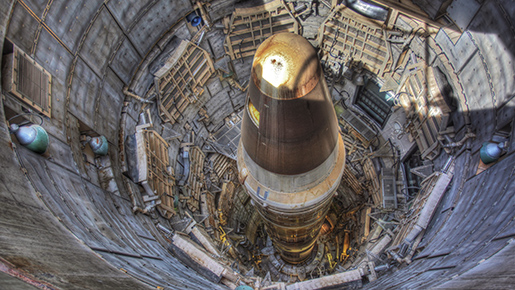The negotiations around Germany sending tanks to Ukraine have been shrouded in secrecy. Like so many other geopolitical actions.


The negotiations around Germany sending tanks to Ukraine have been shrouded in secrecy. Like so many other geopolitical actions.

More than just a deterrent, nuclear weapons are the cornerstone of imperialism.

Free trade agreements like the Trans-Pacific Partnership undermine democracy and sovereignty.
Bradley Manning has done more for U.S. security than SEAL Team 6 ever did.

Even for those who advocate government secrecy, many of the classified documents should not have been classified at all.
Since the beginning of the republic, U.S. presidents have used some form of secrecy in the course of governing. In the wake of the Watergate scandal, congressional hearings in the 1970s and the disclosure of covert U.S. programs of assassination and destabilization overseas temporarily reduced the scope of secret activities sponsored by the executive branch. From the 1980s on, however, presidents have come to rely increasingly on secrecy-related practices. Though the U.S. Constitution does not explicitly grant executive secrecy in the list of Article II powers, presidents have increased their powers through legislation, the federal courts’ recognition of legal defenses to conceal information, and responses to the ongoing threat of terrorism.